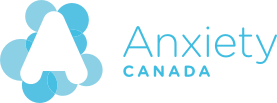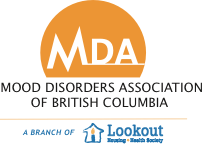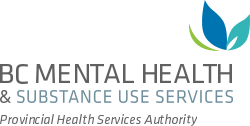Our Initiatives

Education Events
We know people need and deserve access to mental health and substance use information. To understand how this information applies at home, work and school, and in the community, people need real-time chances to learn from and connect with each other through peer-to-peer interactions.
That’s why, in addition to print and digital resources, BC Partners facilitate in-person and online education events for various audiences across BC. Events build safe communities where people can learn, find empathy and understanding, and destigmatize mental health and substance use challenges.
Through events, communities also gain capacity to provide mental health and substance use support. In 2022/23, the BC Partners directly hosted, or supported trusted local agencies to host, 151 events, connecting with almost 8,400 people. Popular events enabled by BC Partners included In the Know, Beyond the Blues, PROUD2BE, Provincial Eating Disorders Awareness Week events, and Child and Youth Mental Health Day events.
In feedback surveys participants described events as positive, inspiring and affirming. Through participation, people experienced a sense of community and belonging, and felt less alone. Participants said the strategies and tools presented were helpful and informative, and prepared them to better help others. Attendees left feeling supported, hopeful and better equipped to take next steps.










